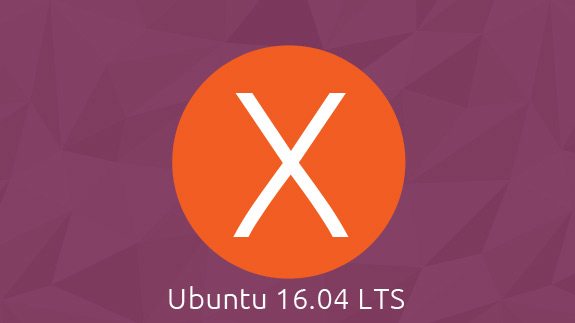Canonical released the Ubuntu 16.04 LTS (Xenial Xerus) Final Beta OS a couple of days back along with the Beta 2 builds of the opt-in flavours. This was for the first Beta build of Ubuntu 16.04 LTS (Xenial Xerus) which was released publicly, although this may be the last too as Canonical has called it the ‘Final Beta’.
A few of the opt-in flavours had already been part of the Alpha, Alpha 2 and Beta 1 versions. Edubuntu, however, wouldn’t be a part of the Xenial Xerus.

The Final Beta release Ubuntu 16.04 LTS (Xenial Xerus) included the Beta 2 builds of the Ubuntu MATE 16.04 LTS, Ubuntu 16.04 LTS, Ubuntu Studio 16.04 LTS, Xubuntu 16.04 LTS, Ubuntu Kylin 16.04 LTS, Kubuntu 16.04 LTS, Ubuntu GNOME 16.04 LTS, Ubuntu Core 16.04 LTS and Ubuntu Server 16.04 LTS.
Adam Conrad, a software engineer at Canonical said on this occasion, “The beta images are known to be reasonably free of showstopper CD build or installer bugs, while representing a very recent snapshot of 16.04 that should be representative of the features intended to ship with the final release expected on April 21st, 2016.”
As reported by Marius of Softpedia, Ubuntu 16.04 LTS (Xenial Xerus) Final Beta is based on the latest and more stable Linux kernel 4.4.6 and it does allow the users to relocate the Unity Launcher to the bottom of the screen through a code. It also includes the GNOME Software as the default package manager, GNOME Calendar and the LibreOffice 5.1.1.
The development cycle of the Xenial Xerus OS has finally come to its finishing stage with the release of the Final Beta build, and the final build is scheduled for an April 21 release this year. There might also be a Release Candidate (RC) somewhere around April 14th.
Users who would adopt the Ubuntu 16.04 LTS Beta right now won’t need to reinstall he OS when the final Ubuntu 16.04 LTS will come out. They would just need to keep up with the updates.
However, we would advise the current users of the Ubuntu 14.04 LTS (Trusty Tahr) OS from upgrading to the Ubuntu 16.04 LTS right now because all the Beta 2 flavors are currently affected by an issue which are preventing the users from upgrading.
“In some cases, attempts to install to a hard drive that already contains a swap partition may fail in the partitioning phase. If you encounter this, the simplest workaround is to boot to the live session, start a terminal (Ctrl-Alt-T) and type ‘sudo swapoff -a’. You can then start the installation from the icon on the desktop and it should proceed successfully,” the Ubuntu developers have explained.
We’ll keep you posted with the latest news and updates. Till then, stay tuned.
